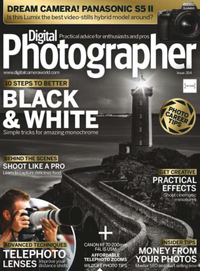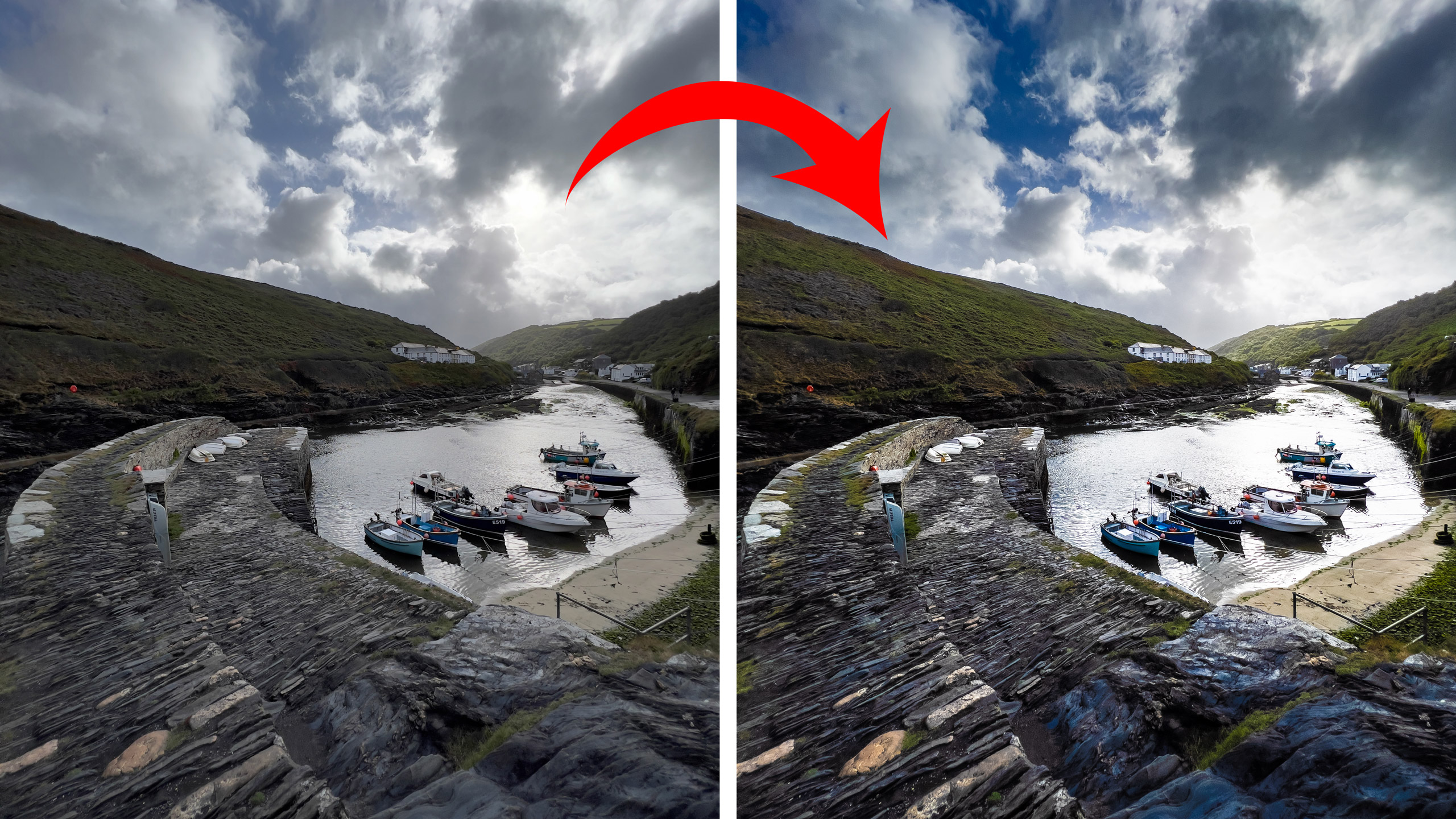Will Davies, UK Landscape Photographer of the Year 2022, discusses his images
Award-winning photographer talks about shooting dramatic landscapes – and the role of photography in preserving them
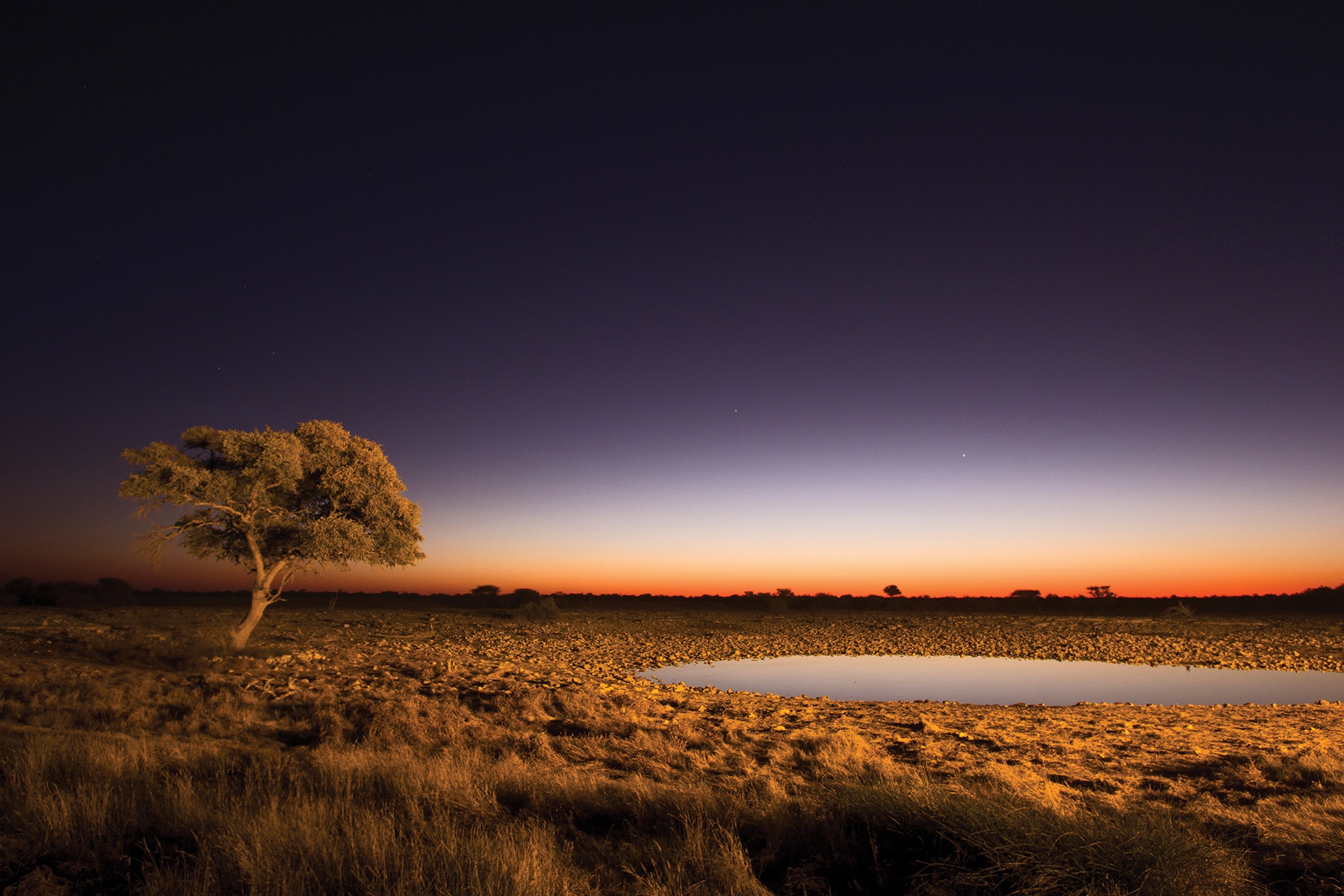
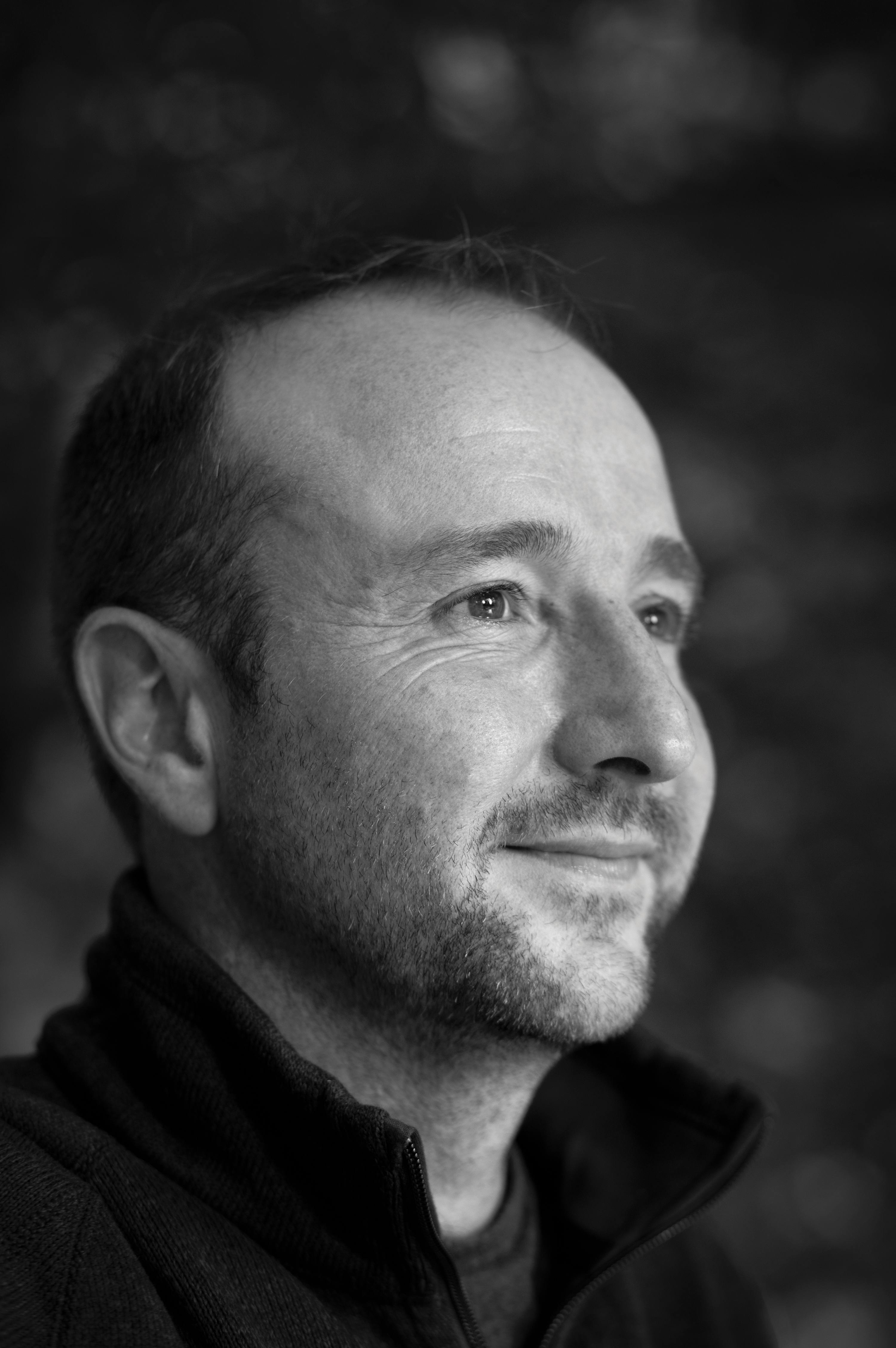
Over the past 16 years, Will Davies has developed a passion for landscape photography. Inspired by a spell living in eastern Africa, he now focuses on the natural beauty and habitats in the USA and his home country of Wales. He won the UK Landscape Photographer of the Year competition in 2022 and is passionate about using photography to promote conservation, having donated many of his images to charitable causes.
Photography does so much more than just capture a moment in time. It also conveys moods, enables you to explore distant lands, and inspires people all over the world. For Will Davies, photography is an outlet that helps him unwind, providing a source of motivation and raising awareness of causes close to his heart.
Davies discovered his passion for photography around 16 years ago, when he lived in eastern Africa. With the region’s breathtaking photographic opportunities on his doorstep, he soon became obsessed with landscape photography. Though he has taken a few photography courses he is otherwise self-taught, acquiring his technical skills mostly through books, trial-and-error, and taking inspiration from other photographers.
There aren’t many other reasons to willingly get up at 4:00am other than to go searching for that perfect natural light, but you can often find Davies photographing from the top of a mountain at sunrise or waiting for the winter light to magically envelop the coast.
After learning his skills in Africa, Davies now focuses on capturing the beauty of nature in his adopted home of the USA and native country of Wales. Having traveled a lot at a younger age, he believes that this has enabled him to see his homeland in a new light and with a renewed appreciation.
Interview
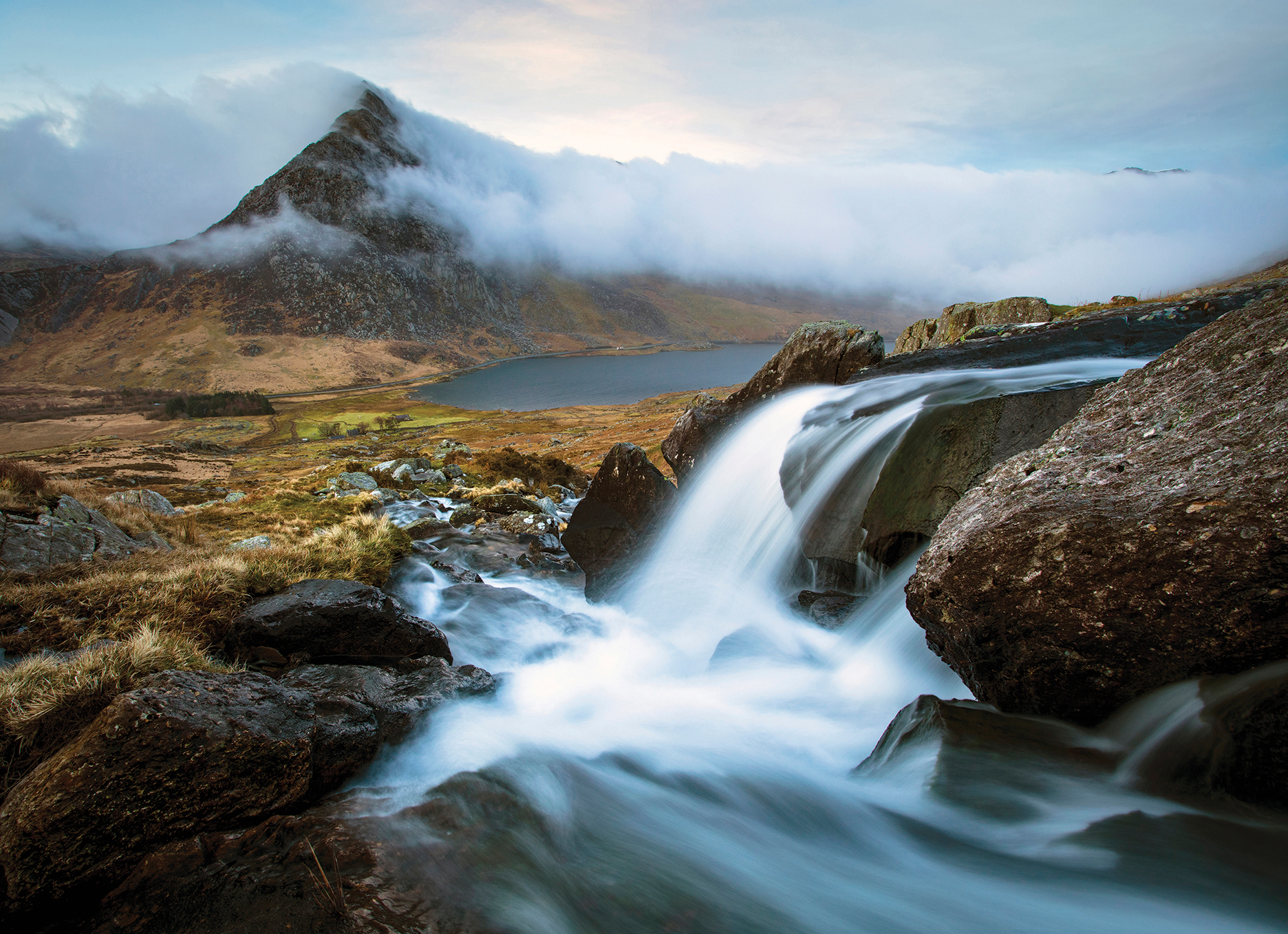
What appeals to you about landscape photography and how did you get into it?
For me, landscapes evolved from a wider love of photography. When I got my first DSLR in around 2006, I was traveling quite a bit and wanted to be able to capture that sense of "wow" you get from seeing new places. At first, it was a bit of everything – people, wildlife, urban, landscapes. But I had always loved being out in the natural world – hiking, climbing and fishing – so my photography followed suit.
Landscapes are also the most difficult photographically and, therefore, the most absorbing. It’s so multi-faceted; the endless variations in composition, lighting and technical options mean there’s always room to improve. That makes it completely addictive.
You won the UK Landscape Photographer of the Year in 2022 for ‘Brecon in Winter’. Why did you submit this specific image?
I really like Brecon in Winter – the contrast in light and color as you move through the image, the sense of autumn gradually turning to winter. For me, it epitomizes the beauty of the South Wales landscape where I grew up. But I also had other images that didn’t get shortlisted, so I guess you’ve got to just roll the dice and hope the judges are on your side.
For any competition, it helps to look at successful images from previous years – not to copy them, but to get a feel for the style of photography that has been successful. One thing I like about the UK Landscape Photographer of the Year is that it tends to favor what I would describe as an authentic style of landscape photography, in contrast to some of the more heavily processed images that you increasingly see nowadays.
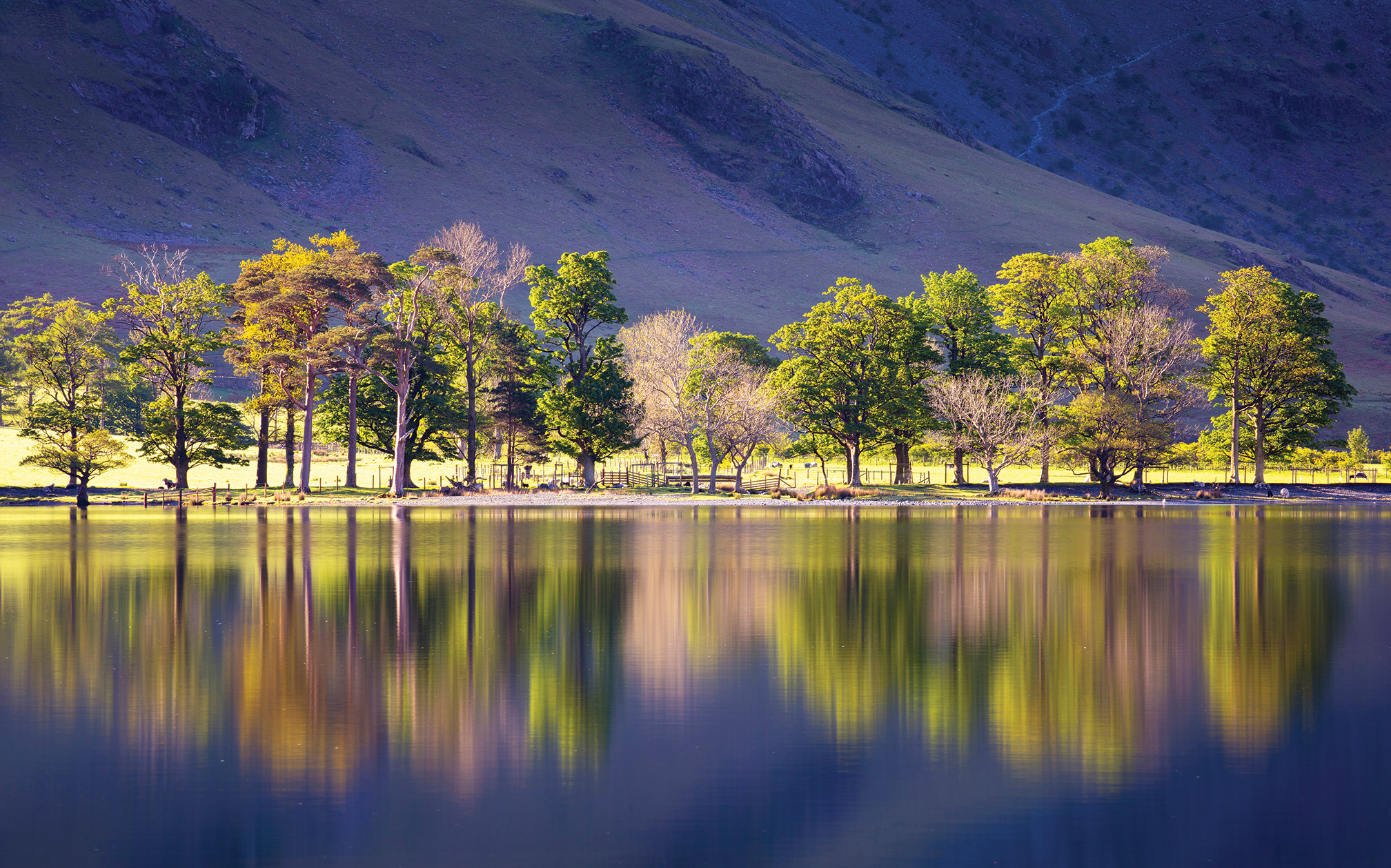
You are passionate about conservation work. What is the most important thing you want to make people aware of?
Actually, it’s my wife who is the active one when it comes to conservation. When we were living in Wales, she got involved with some fantastic local environmental groups who are trying to restore native forests and biodiversity in South Wales. It was really inspiring to see. Being a landscape photographer, you are conscious that truly natural spaces in Britain are quite limited, so it’s critical that we support the efforts to protect – and ideally expand upon – what spaces we do have.
I also find a lot of the "rewilding" discussion a bit counterproductive, as it tends to ignore the fact that many people live in our national parks and areas of natural beauty and often rely on the land for their livelihoods. The real challenge is finding ways to protect nature within the context of existing land uses, together with existing landowners and users.
There is some really interesting work happening around regenerative agriculture, integrating agriculture with native forests, and so forth, and I believe this is where the attention really needs to be focused.
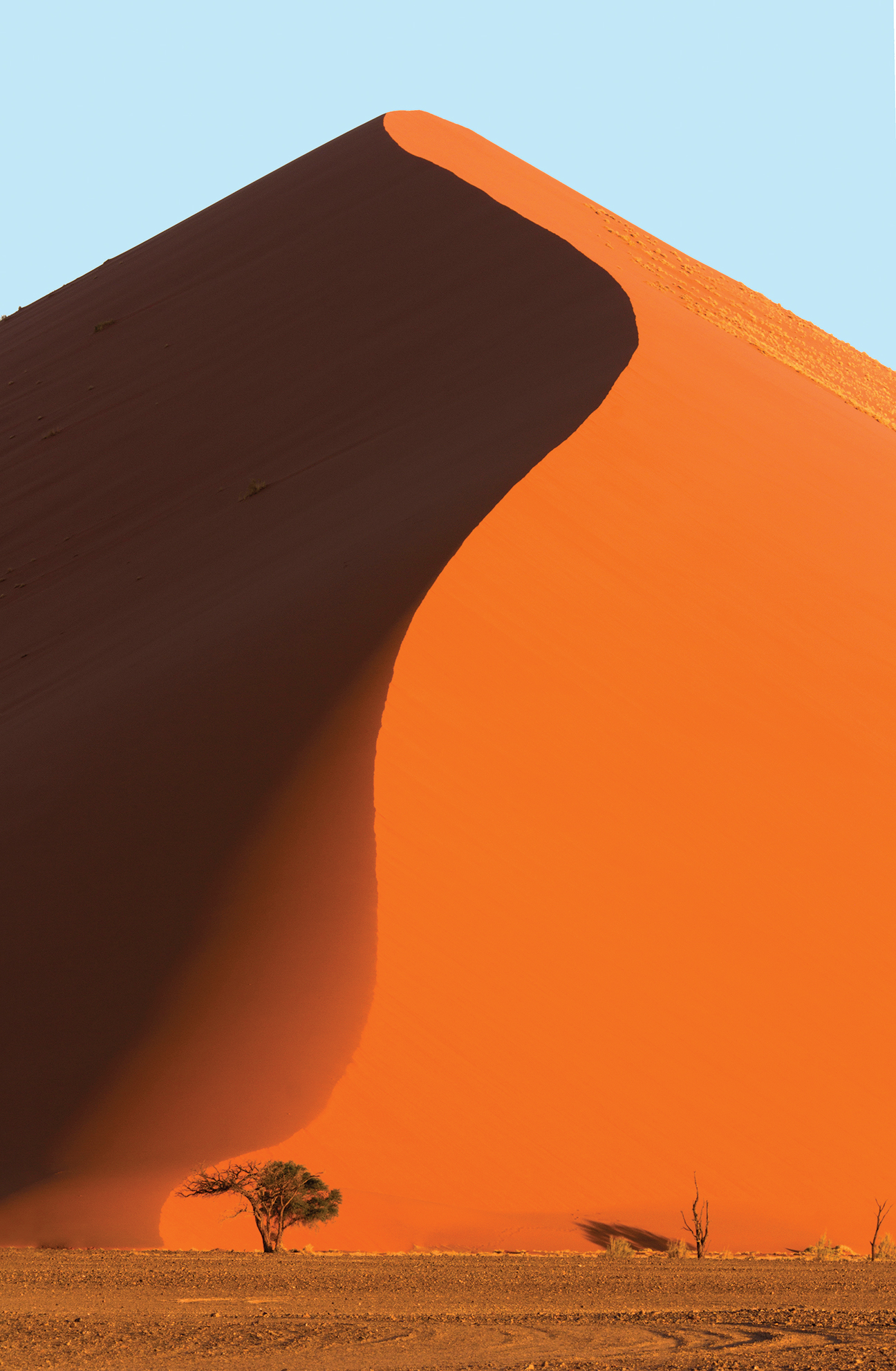
What are your favorite and most useful kit items on a shoot?
I would say my favorite piece of kit is my 70-200mm lens. Compared with other landscape photographers, I tend to use a telephoto lens a lot – that’s probably because of my love for mountains and the fact that mountain scenes can be a lot more dramatic with the compression you get from a telephoto lens. I often carry a 300mm lens I originally bought for wildlife photography, which adds an extra dimension in some situations.
I also just bought myself a new expedition-size camera backpack for an extended winter photography trip. That might seem a bit of a mundane selection for my most useful kit, but it’s been a game changer. I was forever losing water bottles and other bits of gear because I never had enough room for everything in one pack. With the backpack, it also means I never have that "if only" feeling of wishing I had brought a particular lens or set of filters with me. Although, on the flip side, it is quite a weight to be lugging around!
What elements are most important in the composition of an image?
For me, the big challenge of composition is how to simplify the landscape in front of you, without losing the drama and complexity you find in a great image.
When I first got into landscape photography, I made the common mistake of wanting to put everything in the frame, as it seemed like the best way to convey the view in front of you. The result was a lot of flat, wide-angle shots with a big jumble of features and no real depth or focus. I soon realized that less is usually more when it comes to powerful composition.
On the other hand, taking this too far down the minimalist route leads to photos that lack any real drama or depth. So that’s the challenge – simple enough to lose the distractions, but dynamic and complex enough to be exciting.
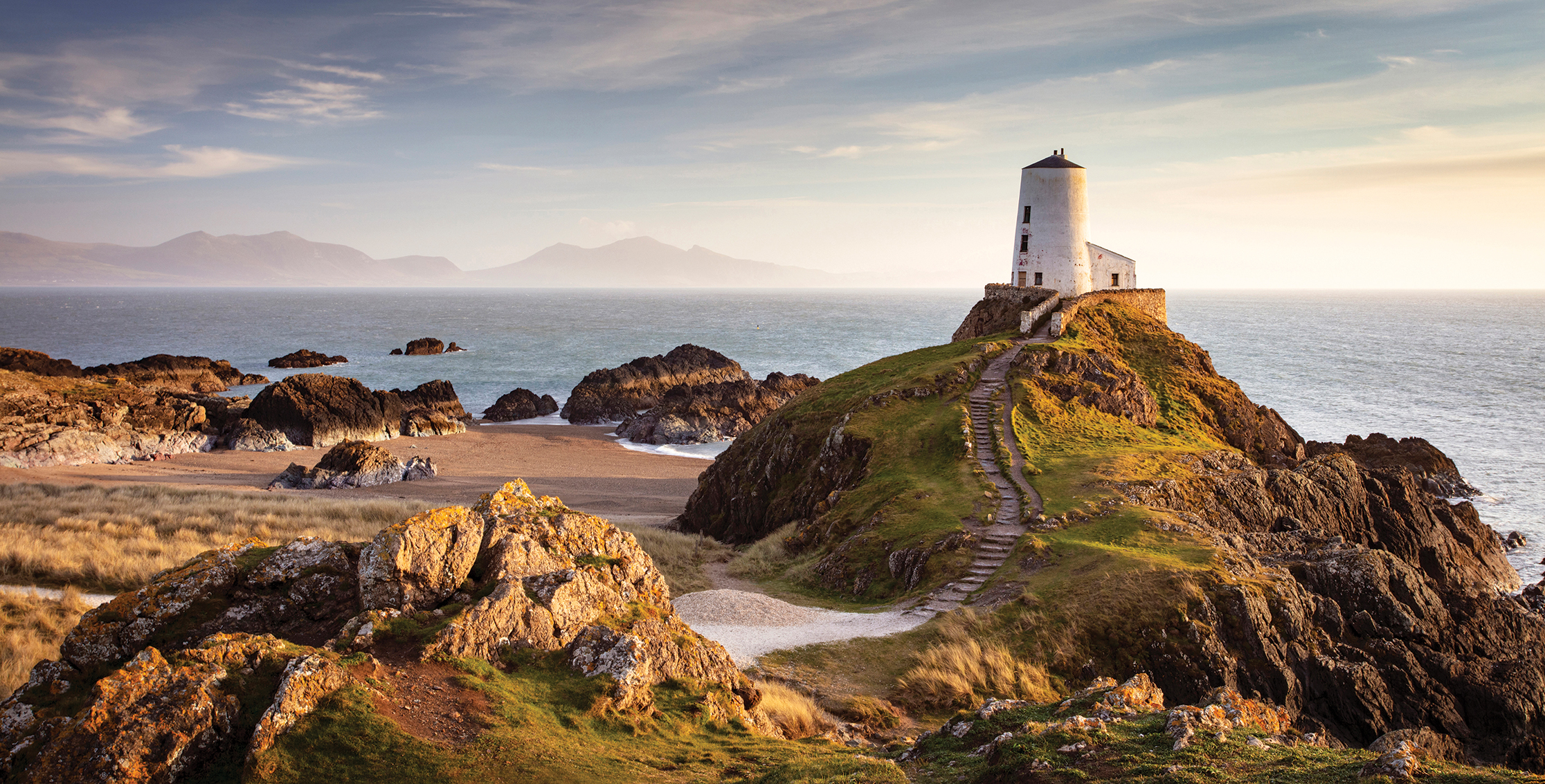
You discovered a passion for photography after moving to Africa. Where would you say is your favorite place to photograph landscapes, the UK, USA or Africa?
I have always found African wildlife photography totally addictive. That sense of anticipation you get when you are heading out before dawn, knowing there could be a good chance of photographing something truly spectacular on any given day.
However, I get the same sense of excitement heading out in the mountains in the UK, especially on those days when the light is changing every few minutes and you feel a perfect photograph is right at your fingertips, if only everything would just come together. So rather than having one favorite place, I like the variety that keeps the sense of excitement and exploration alive.
What is your next project?
Given my work and family commitments, I try to keep an opportunistic approach to my photography ventures. I recently jumped on the drone photography bandwagon, so I’m looking forward to experimenting and learning more about that. A drone will open up exciting possibilities for capturing the drama of the Welsh coastline from a fresh perspective.
Looking ahead, I would like to do more to link my photography directly to conservation efforts. Like many nature photographers, I hope that my photos help people appreciate and conserve our natural world. However, I think that’s a somewhat passive, even lazy aspiration, so I’d like to be more deliberate about cultivating these links in future, given the urgency of the world’s conservation challenges. I’m giving a lot of thought to what this means in practice and hope to have something tangible to report back soon!
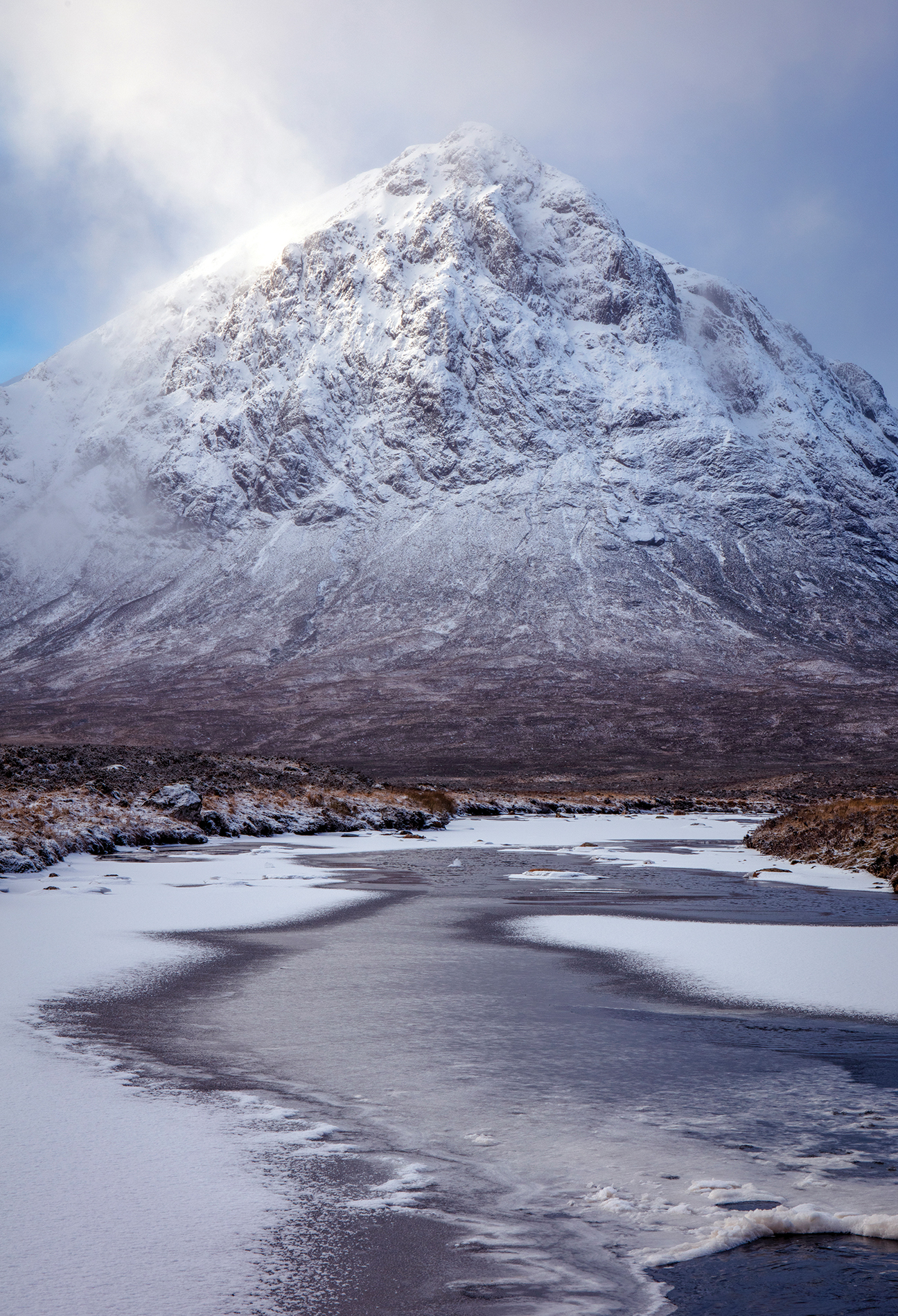
Davies' kitbag
Camera body
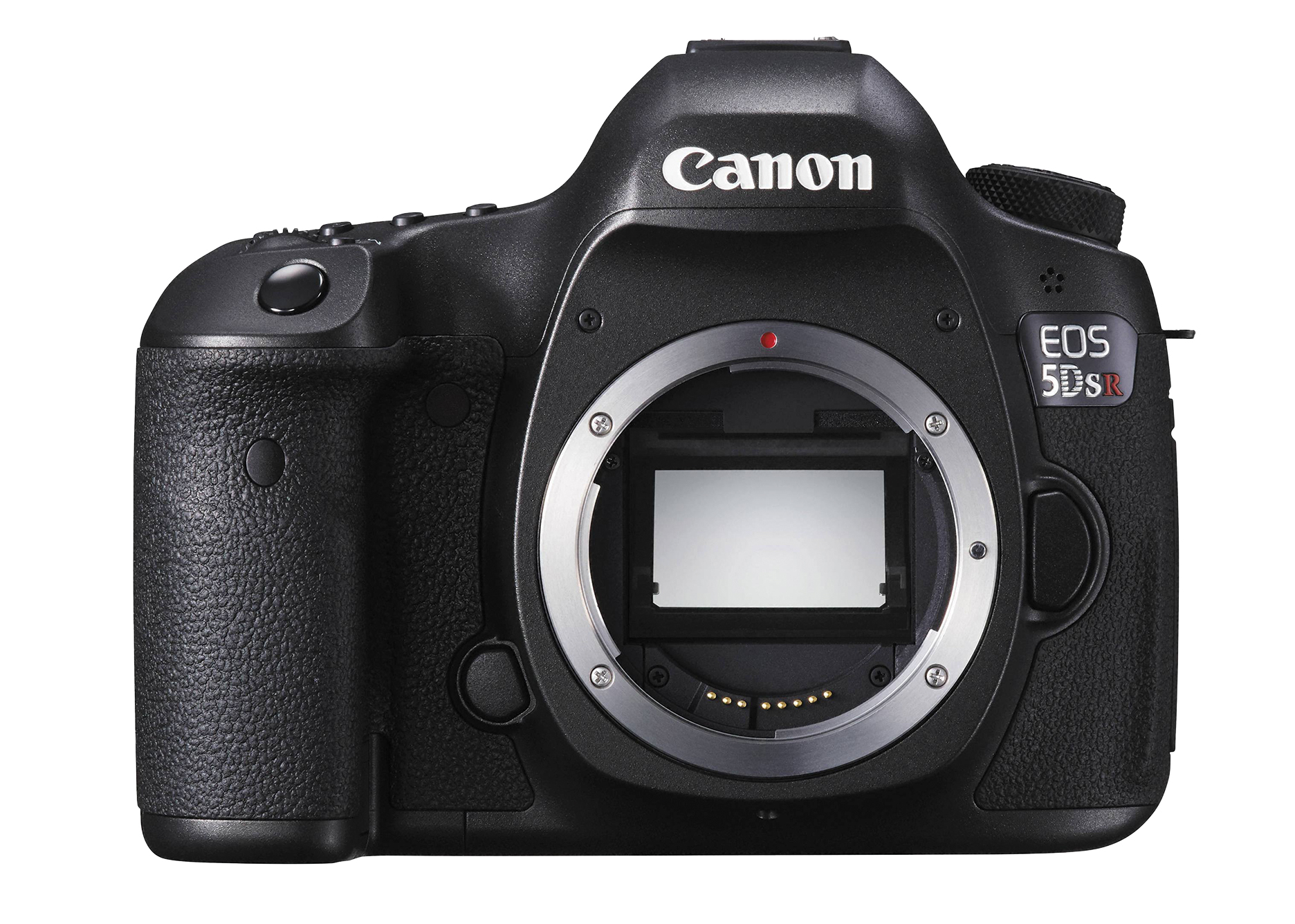
Lenses
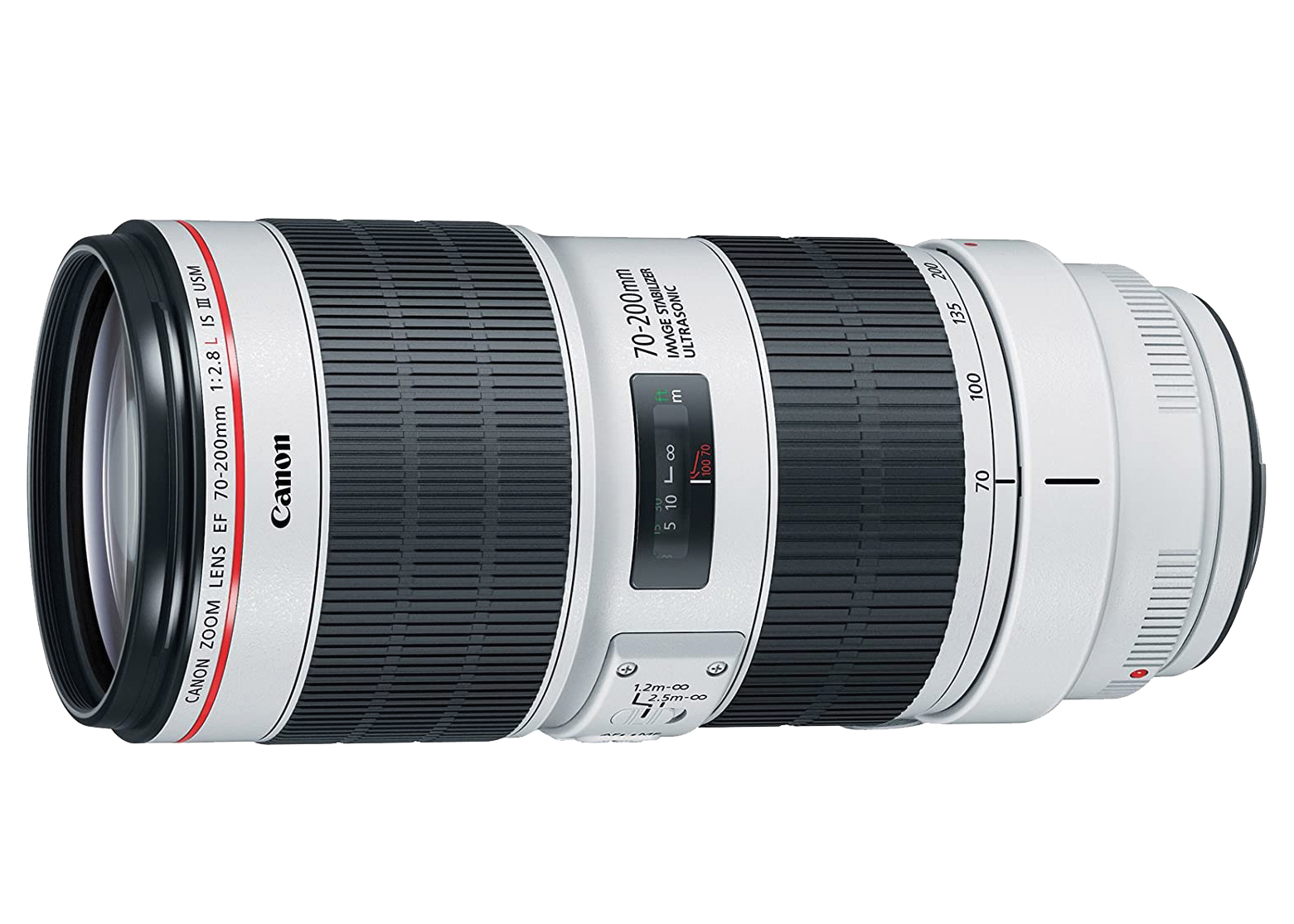
- Canon EF 17-40mm f/4.0 L USM
- Canon EF 24-70mm f/2.8 L USM
- Canon EF 70-200mm f/2.8 L USM
- Sigma 300mm f/2.8 EX DG HSM
Filters
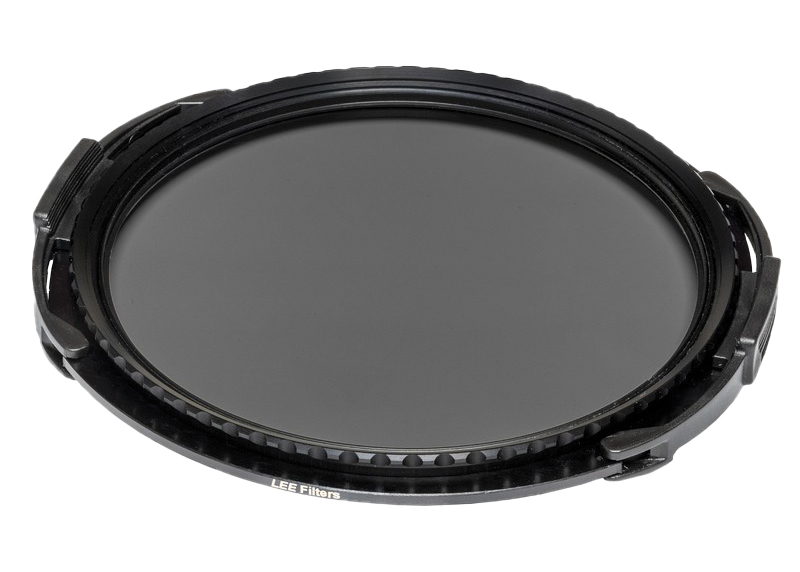
- Lee 100 Polarizer
- Lee 100mm Big Stopper
- Formatt Hitech 100mm Firecrest Ultra ND 1.8 filter (6 stop)
- Formatt Hitech ND Grad Filters (soft and hard)
Get the best magazine for enthusiast and pro photographers delivered to your door or device with a subscription to Digital Photographer. Learn the hottest photo trends and techniques while getting essential advice on earning cash from your photography.
Take a look at the best cameras for landscape photography, as well as the best lenses for landscapes, to help you get the best possible shots.
Get the Digital Camera World Newsletter
The best camera deals, reviews, product advice, and unmissable photography news, direct to your inbox!
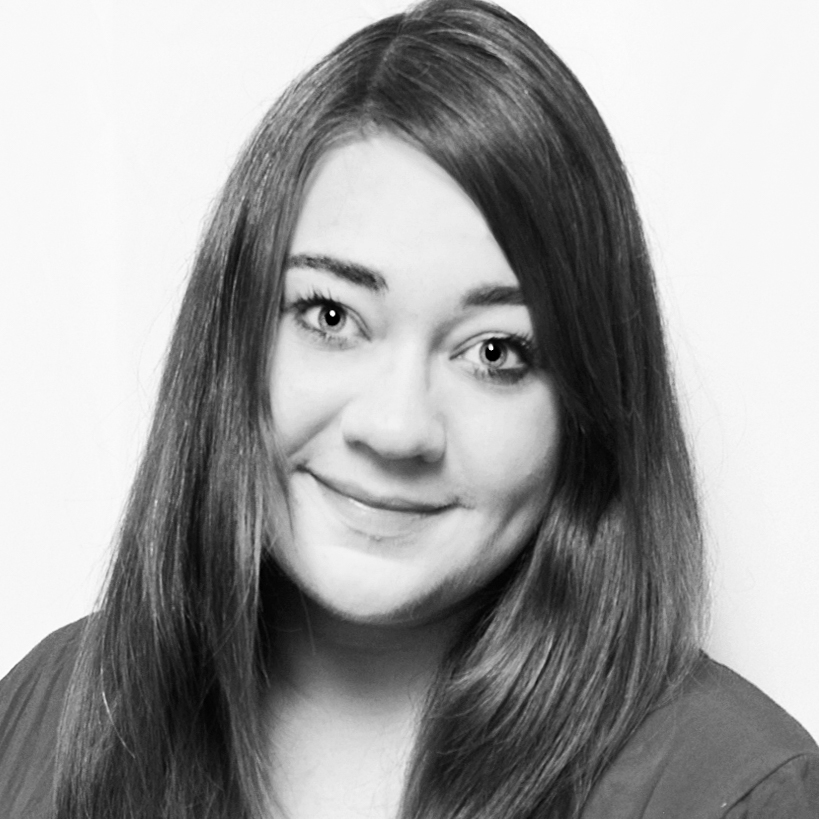
Kim is the Staff Writer on Digital Camera World, and formerly Technique Editor at Digital Photographer, focusing on the art and science of photography. With a Master’s degree in Photography and Media, she is driven to educate through an analytical approach, visually and technically. With her guides and tutorials, Kim seeks to uncover new facets of this time-honoured medium and foster a deeper understanding of its profound role in culture. Kim highlights topics that resonate with modern society, including women in photography and critical issues such as environmental conservation. She also discusses and reviews camera gear, giving you an overview to find the best fit for your photography journey.
